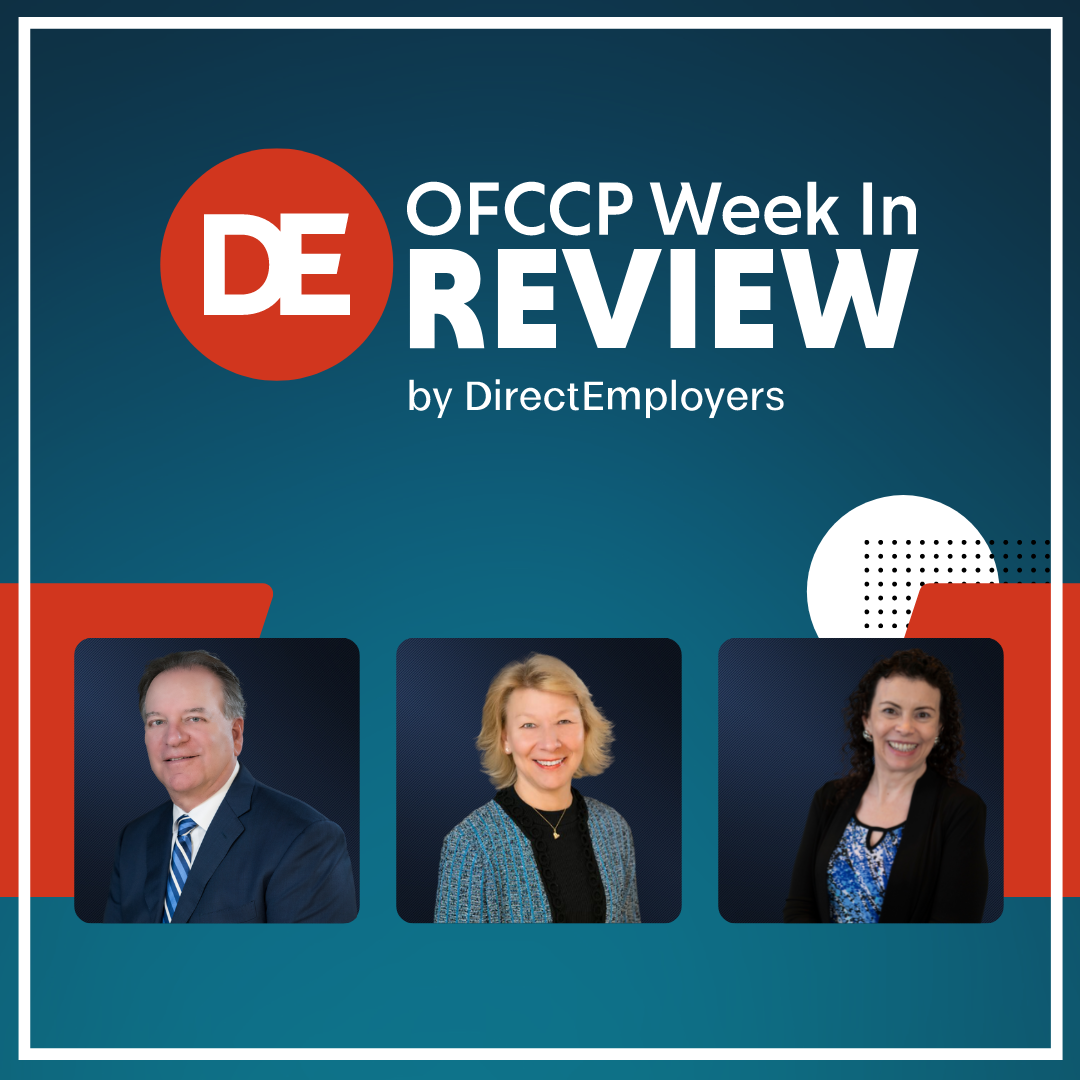 The DE OFCCP Week in Review (WIR) is a simple, fast and direct summary of relevant happenings in the OFCCP regulatory environment, authored by experts John C. Fox, Candee Chambers and Cynthia L. Hackerott. In today’s edition, they discuss:
The DE OFCCP Week in Review (WIR) is a simple, fast and direct summary of relevant happenings in the OFCCP regulatory environment, authored by experts John C. Fox, Candee Chambers and Cynthia L. Hackerott. In today’s edition, they discuss:
- USDOJ Announced the Settlement of Claims That 16 Employers Posted Job Ads on College Recruiting Platforms Discriminating Against Non-U.S. Citizens: Attention ALL Recruiters, Especially College and University Recruitment Centers: USDOJ Has Put a Target On Your Backs
- Enforcement of Biden Vaccine Mandate for Federal Employees Again Delayed
- OFCCP Director & EEOC Chair Held A Joint Webinar With Four Outside Panelists Discussing Skills-Based Hiring
- OFCCP Quietly Extended the AAP Verification Deadline Following Discovery of Faux Pas
- SCOTUS Reigned In The Federal Agencies By Reminding Them They Must Identify “Clear Congressional Authorization” When Making Significant Decisions…Not So Much Trimming Rights As Trimming Presidential Power
- VETS Announced Eight New Partners For Its Employment Navigator Pilot Program
Monday, June 27, 2022: USDOJ Announced the Settlement of Claims That 16 Employers Posted Job Ads on College Recruiting Platforms Discriminating Against Non-U.S. Citizens: Attention ALL Recruiters, Especially College and University Recruitment Centers: USDOJ Has Put a Target On Your Backs

We Thought This Story Was Important Enough to Bring to Your Attention as a Good “Reminder”: The Immigration and Nationality Act (INA) generally prohibits employers and recruiters from limiting jobs based on citizenship or immigration status unless required by a statute, regulation, executive order, or government contract. “Regardless of whether colleges or universities run afoul of the INA in the way they operate their job recruitment platforms, employers themselves are liable if the advertisements they post on those platforms violate the INA,” the USDOJ cautioned in its press release.
In addition to the monetary penalties, the agreements provide that the private sector employers must require their recruiting staffs to undergo training on their obligations under the INA’s anti-discrimination provision. The offending private employers also agreed to refrain from including specific citizenship or immigration status designations in their campus job postings unless the restrictions were required by federal law. Additionally, they must ensure that their other recruiting practices and policies comply with the INA’s anti-discrimination provision. So, the takeaway here is that liability may bleed through your ”agent’s” posting of the illegal job ad and can attach to your company (too) for having initiated the unlawful ad in violation of the INA (yet another federal statute containing non-discrimination in employment prohibitions about which to be mindful).
A lawful permanent resident triggered USDOJ’s investigation via a discrimination complaint filed with the Department’s Civil Rights Division’s Immigrant and Employee Rights Section. That Complaint alleged that a company advertised a U.S.-citizens-only position on a Georgia Tech job recruitment platform. In its investigation, the USDOJ discovered a rash of other advertisements – that it deemed facially discriminatory – on Georgia Tech’s job recruiting platform as well as other platforms colleges and universities across the United States operated.
One private employer posted as many as 74 discriminatory advertisements on Georgia Tech’s job ad platform, while several of the employers posted discriminatory advertisements on other college and/or university platforms as well, the USDOJ asserted. These advertisements deterred qualified students from applying for jobs because of their citizenship status, and, in many instances, the citizenship status restrictions also blocked students from applying or even meeting with company recruiters, according to the Department.
“Unlawful hiring discrimination based on citizenship or immigration status is a widespread problem across higher education in the United States, putting many jobs out of reach of qualified college students and recent graduates,” noted Assistant Attorney General Kristen Clarke of the DOJ Civil Rights Division.
Links to the settlement agreements pertaining to each of the 16 employers are included at the bottom of the DOJ’s press release. On top of the investigations resolved with these 16 settlements, the USDOJ has active investigations into additional employers, it stated.
Monday, June 27, 2022: Enforcement of Biden Vaccine Mandate for Federal Employees Again Delayed
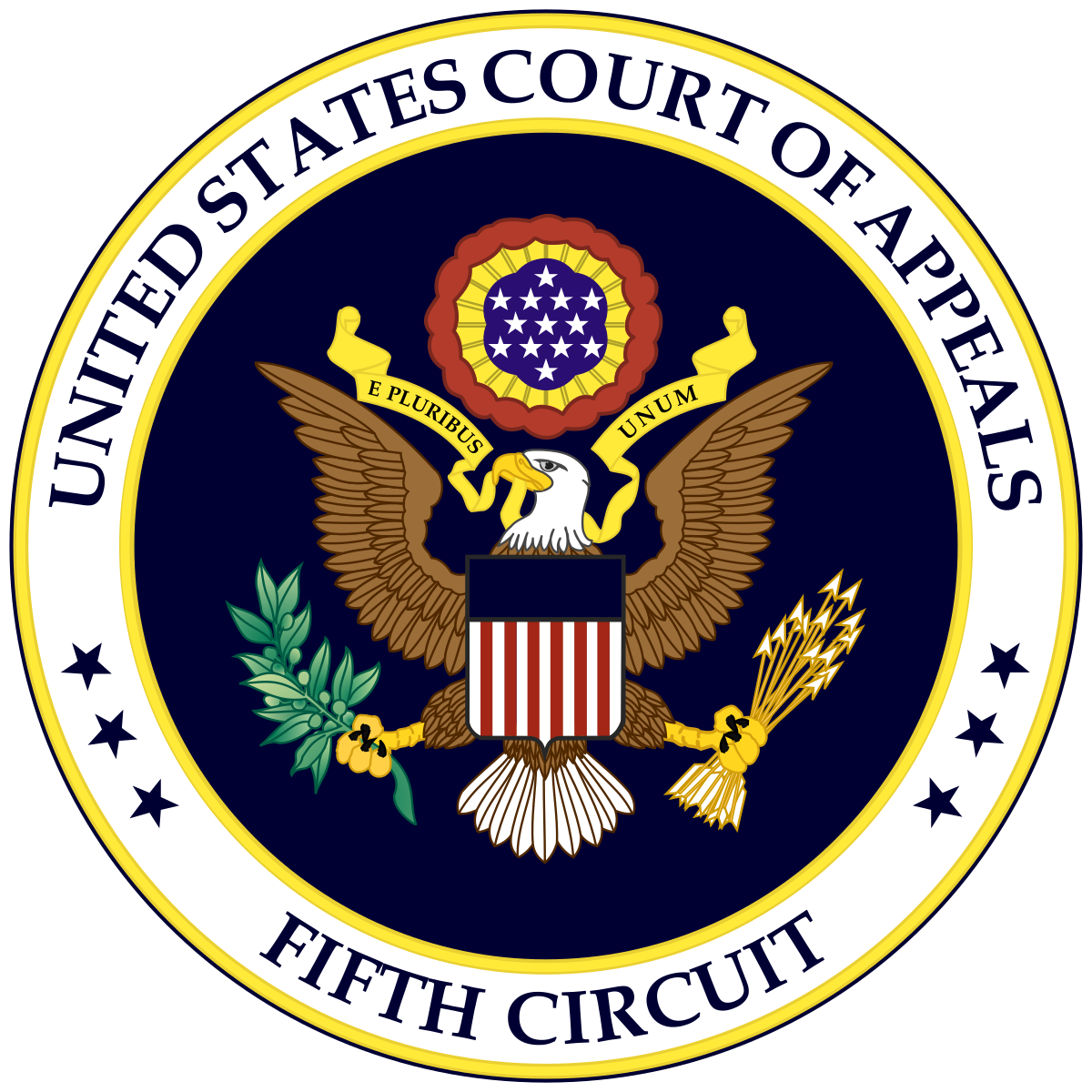
As readers may recall, a three-judge panel of the Fifth Circuit previously vacated the District Court order enjoining the federal employee vaccine mandate issued in Feds for Medical Freedom, et al. v. Biden, et al., Case No. 3:21-cv-356 (S.D. Tex.) (summarized in the WIR here). The three-judge panel’s ruling had paved the way for enforcement of the federal employee vaccine mandate until plaintiffs filed its petition for en banc hearing (which we discussed previously). With a hearing before the full Fifth Circuit now set for scheduling, the current status quo delaying the vaccine mandate for federal employees remains in effect.
Tuesday, June 28, 2022: OFCCP Director & EEOC Chair Held A Joint Webinar With Four Outside Panelists Discussing Skills-Based Hiring
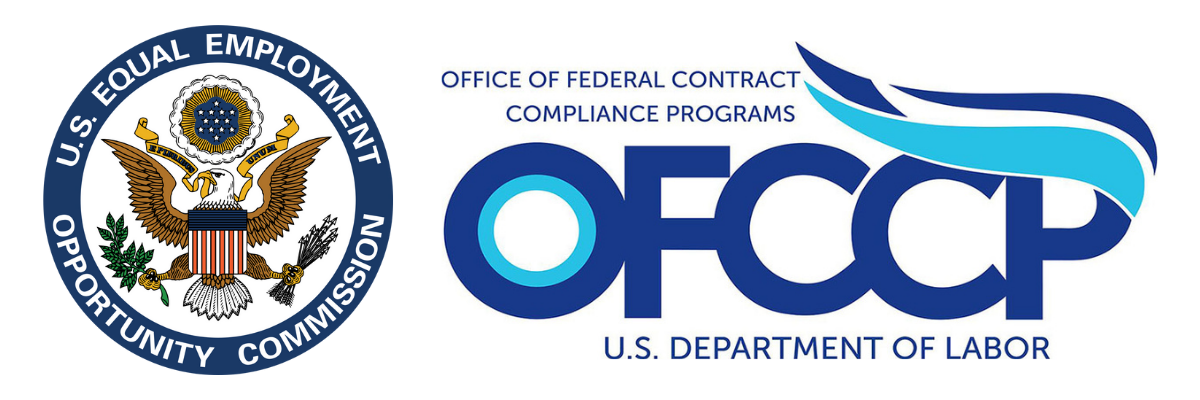
Yang and Burrows both observed that eliminating unnecessary educational, or narrow prior experience, requirements for positions allows employers to select skilled workers from a diverse range of backgrounds. “[R]esetting [of] assumptions” is allowing employers to expand the pool of available talent, Burrows pointed out. Their comments flow from the continuing common observation that African Americans and Hispanics in the United States have not attained the same levels of post-high school education as Whites and (especially) Asian workers.
It is troubling, however, that the panelists did not address the almost complete absence of lawsuits, let alone a widespread number of them from the EEOC (and none exist from the OFCCP), finding that employer education and certification requirements have violated Title VII law by being unnecessary for job applicants to perform the degreed or certificated job in question. Rather, the suggestion from the OFCCP and the EEOC seems to be that federal contractors and employers should remove otherwise valid degree and certification requirements from their minimum qualification hiring standards. By contrast, the advice to employers we continue to hear in the private sector coast-to-coast for the fourth or fifth decade in a row is that employers should check the need and usefulness to the business of any degree or certification requirement (or any other qualification requirement).
It is well known within Human Resources circles that jobs periodically change and bear periodic reviews of their qualification requirements. It also appears to us that OFCCP Compliance Managers are especially aware of OFCCP’s two regulatory requirements that require covered federal Government contractors to at least annually review and adjust qualification requirements on a stated periodic schedule to ensure they are “job-related for the position in question and are consistent with business necessity.” Indeed, 25,000 federal contractor companies are this very month finishing a two-month “certification” process (via OFCCP’s Affirmative Action Program Verification Portal) that they are in compliance with these job qualification requirements, among many other Affirmative Action Program requirements, and have indeed reviewed their qualification requirements recently and on a periodic schedule. See 41 CFR Section 60-300.44(k)(c) [VEVRAA Rule] and 41 CFR Section 60-741.44(k)(c) (Section 503 Rule). Both OFCCP Rules read in parallel as follows (here is the disability version):
“(c) Physical and mental qualifications.
(1) The contractor shall provide in its affirmative action program, and shall adhere to, a schedule for the review of all physical and mental job qualification standards to ensure that, to the extent qualification standards tend to screen out qualified individuals with disabilities, they are job-related for the position in question and are consistent with business necessity.”
Note: OFCCP Executive Order 11246 Rules (pertaining to Minorities, Women, and Whites) do NOT have a parallel to the Section 503 and VEVRAA “periodic review of physical and mental qualifications.” Nonetheless, it is well known that most employers use the Section 503 and VEVRAA requirements to “make it a clean sweep” and periodically also review their job qualification requirements in the context of race, sex, and ethnicity while they are at it. It is noteworthy, too, that:
“OFCCP has found over the years that 99.9% of federal contractors have complied with its two regulatory requirements to periodically check job qualification requirements, including for unnecessary degree and certification requirements.”
Moreover, it is significant that OFCCP has NOT found any federal contractor to have unlawfully discriminated based on an unnecessary degree or certification requirement. Rather, OFCCP’s now fifty-year audit record is proof that federal contractors have been heeding the advice, suggestions, and “Helpful Hints from Heloise” the speakers at this Roundtable discussion put forward.
In contrast, however, one speaker discussed his conclusions and it appears that closer review is needed to understand how the federal agencies have missed what he has uniquely found: “Our extensive data analytics on skills and job mobility finds that over 70 million U.S. workers skilled through alternative routes such as community colleges, military service, partial college completion, workforce training programs, and on-the-job learning are undervalued in the job market,” reported Byron Auguste, CEO of Co-Founder of Opportunity@Work. Mr. Auguste used the acronym “STARs” for workers Skilled Through Alternative Routes. STARS are disproportionately Black, Hispanic, and rural, he said.
“Arbitrary barriers at companies are holding back STARs, and [employers] can help STARs overcome them,” Auguste stated. [NOTE: For context, the civilian labor force in the United States is about 165 million workers (rounding up). “70 Million” “undervalued” discriminatees limited by “artificial” barriers to employment would be over 42% of the current civilian U.S. labor force]. For the very jobs that employers are scrambling to fill, “there are millions of STARs knocking around the outside wanting to work for those companies in those roles” in addition to workers already employed at these companies, “and they could do those jobs,” Auguste pointed out.
“Our country is currently leaving great talent on the sidelines. Scaling a skills-first approach to our hiring and promoting will help us to be a great country for years to come,” according to OneTen CEO Maurice Jones. Seventy-nine percent of jobs paying $60,000 or more and seventy-one percent of jobs paying $40,000 or more require a four-year degree, according to Jones. However, among the workforce aged 25 and above, about 76 percent of Black workers and about 83 percent of Latinx workers, and about 66 percent of white workers do not yet have a four-year degree, according to Jones. Therefore, “[w]hat you effectively have is a credential that is literally a systemic barrier to entry to the middle class,” Jones noted, adding “we are literally keeping genius on the sideline because of a credential.”
“That is why we [at OneTen] chose to focus on [establishing and scaling] a skills-first culture,” he said, noting that it is smarter for businesses and communities.
“Creating pathways for more representative tech talent starts with employers who value hands-on experience and build systems to screen people in,” explained Laura Maristany, Vice President of External Affairs with Bitwise Industries. “We do this by powering technology solutions across sectors with underestimated talent proving that human-driven approaches are not only the right thing to do but are also profitable.” A skills-based approach is anchored in equity, she said, noting that Bitwise Industries pairs senior developers with apprentices on projects to help solve and build digital infrastructure in their communities.
CEOs should instruct their partners in HR that not every job description needs a degree requirement, recommended Emily M. Dickens, Chief of Staff and Head of Government Affairs at the Society for Human Resource Management. (SHRM). In April, SHRM issued a report highlighting the rise of alternative credentials that do not include a traditional college degree or professional license.
The panelists also described success stories involving the use of skills-based hiring and alternative credentials in talent acquisition.
Thursday, June 30, 2022: OFCCP Quietly Extended the AAP Verification Deadline Following Discovery of Faux Pas
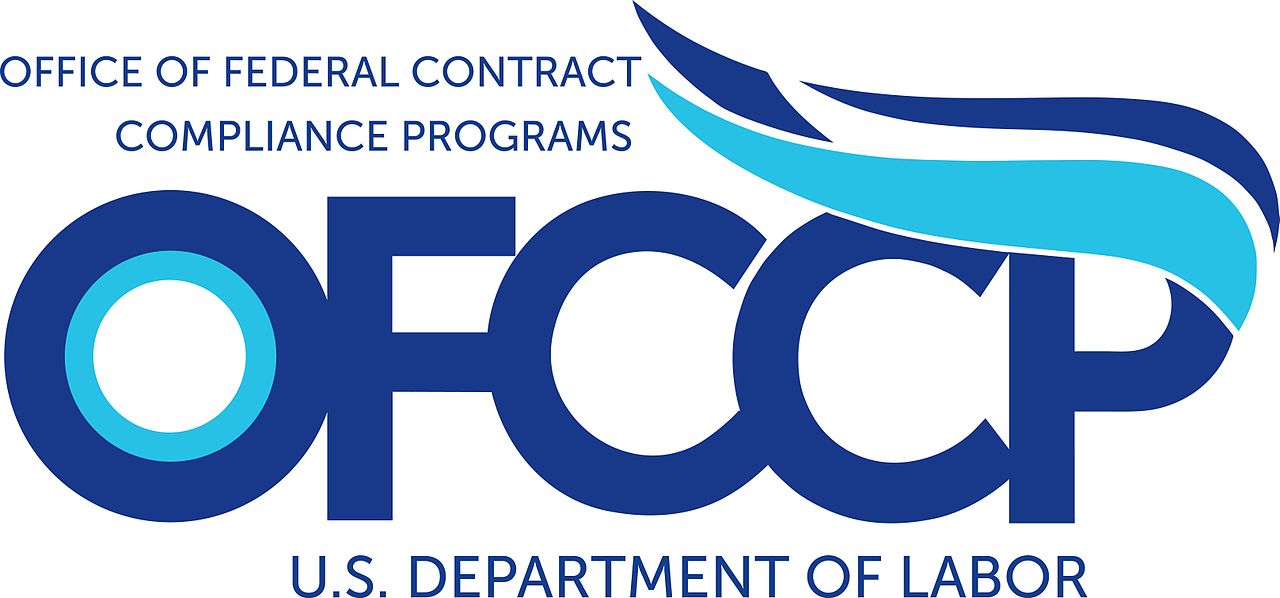
What Happened? Well, two things happened.
Thursday, June 30, 2022: VETS Announced Eight New Partners For Its Employment Navigator Pilot Program

Here Is What Is In It For Employers
The (ENPP) provides one-on-one career assistance at no cost to transitioning service members and their spouses at 13 pilot sites worldwide. To aid their specific transition needs, ENPP Navigators connect individuals with government and non-government partner organizations for additional employment services, including the network of over 2,400 American Job Centers. This support complements the department’s Transition Assistance Program’s classroom instruction.
The newly-approved partners are Still Serving Veterans in Huntsville, Alabama; Lessons Learned for Vets Podcast in Glendale, Reveille Foundation in Goodyear, and Veterati Inc. in Phoenix, Arizona; Lucas Group in Atlanta, Georgia; Palmetto Goodwill in North Charleston, South Carolina; Oplign in Virginia Beach; and Operation Military Family in Edmond, Washington.
For more background, see our reports: Thursday, October 21, 2021: VETS Seeks Partners For Employment Navigator Pilot Program and Wednesday, September 22, 2021: Nine Organizations Identified in the Employment Navigator and Partnership Pilot to Assist Transitioning Service Members & Spouses.
THIS COLUMN IS MEANT TO ASSIST IN A GENERAL UNDERSTANDING OF THE CURRENT LAW AND PRACTICE RELATING TO OFCCP. IT IS NOT TO BE REGARDED AS LEGAL ADVICE. COMPANIES OR INDIVIDUALS WITH PARTICULAR QUESTIONS SHOULD SEEK ADVICE OF COUNSEL.
SUBSCRIBE.
Compliance Alerts
Compliance Tips
Week In Review (WIR)
Subscribe to receive alerts, news and updates on all things related to OFCCP compliance as it applies to federal contractors.
OFCCP Compliance Text Alerts
Get OFCCP compliance alerts on your cell phone. Text the word compliance to 55678 and confirm your subscription. Provider message and data rates may apply.

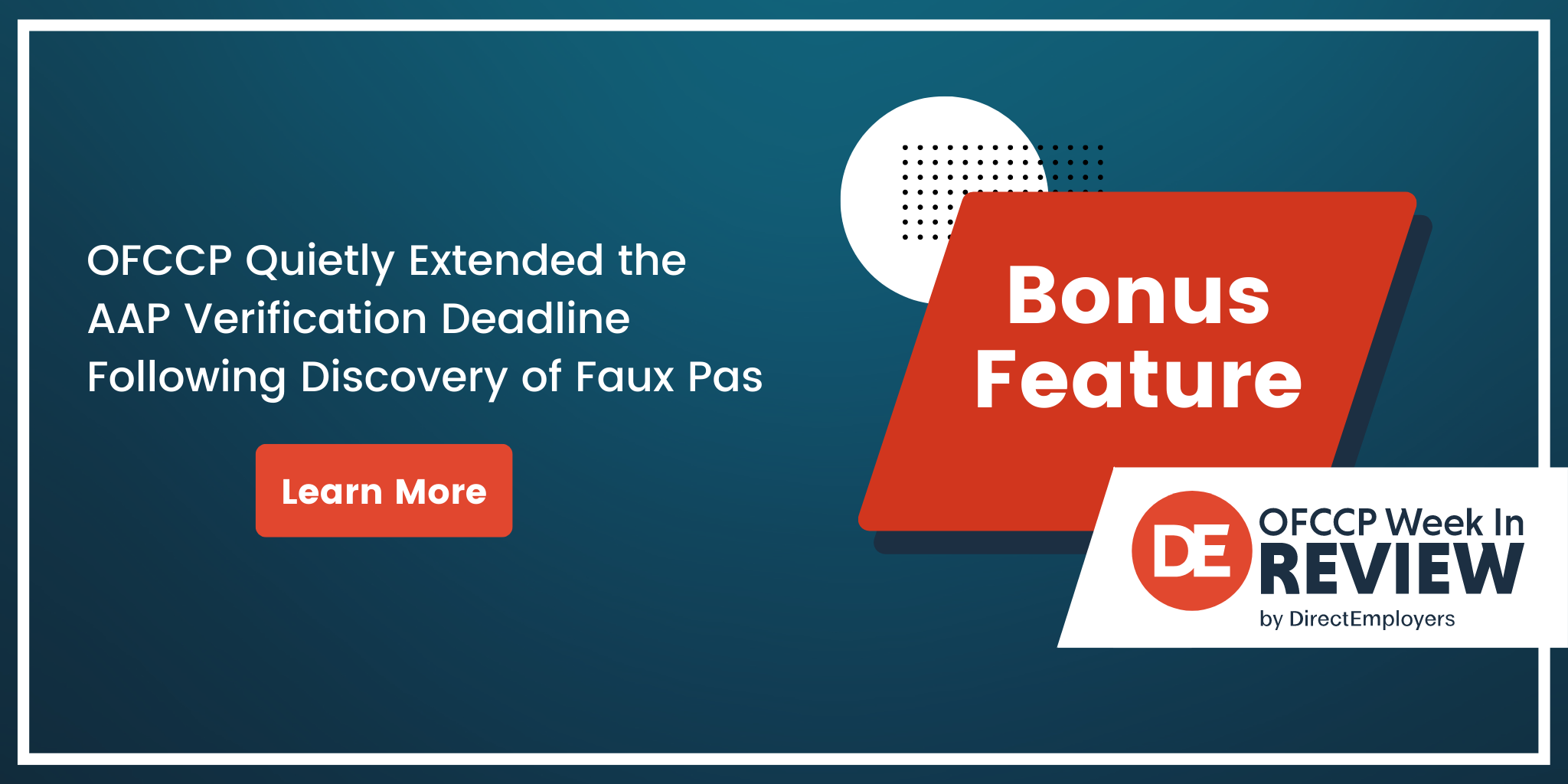
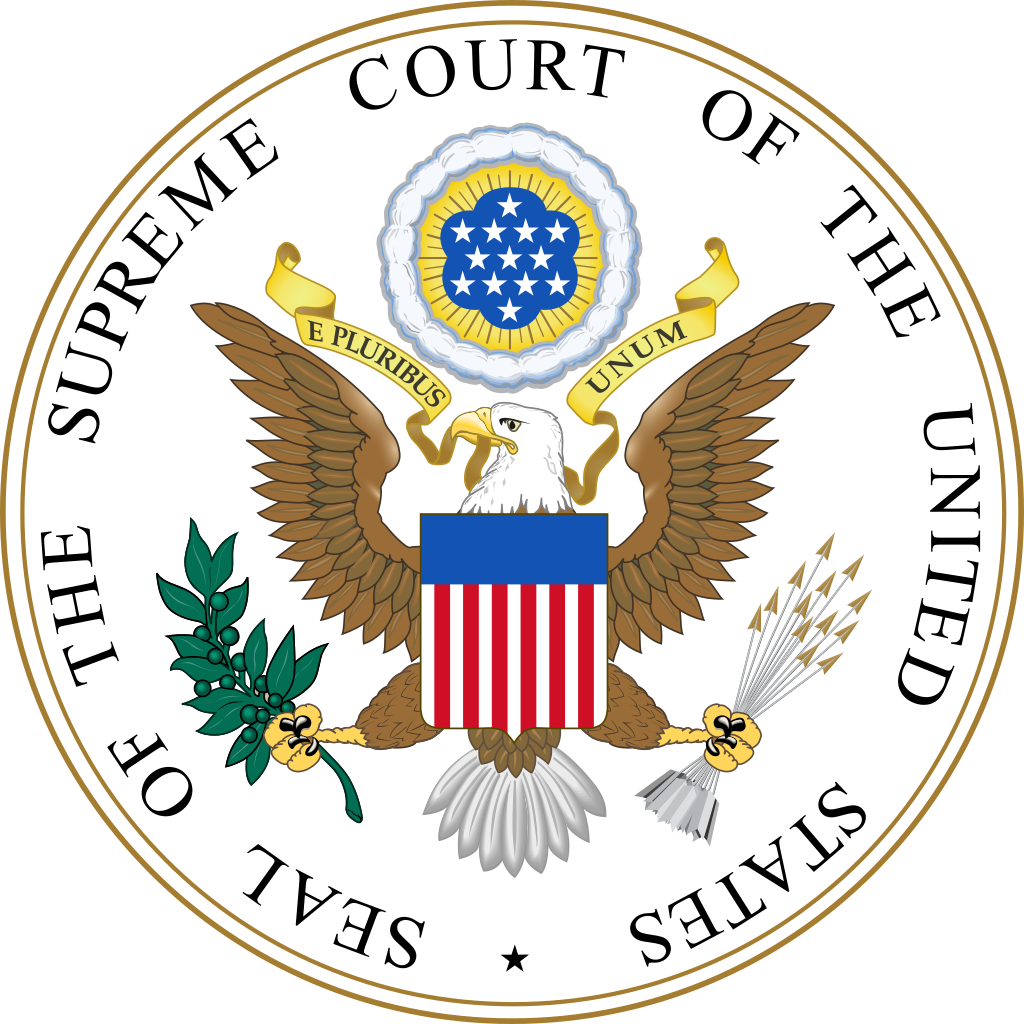 On the final day of its current term, the Supreme Court of the United States issued a ruling that will immediately restrict the President’s power to exercise “Executive Fiat” to impose policies that Congress has not specifically delegated to him and his federal agency heads. SCOTUS used the case of
On the final day of its current term, the Supreme Court of the United States issued a ruling that will immediately restrict the President’s power to exercise “Executive Fiat” to impose policies that Congress has not specifically delegated to him and his federal agency heads. SCOTUS used the case of